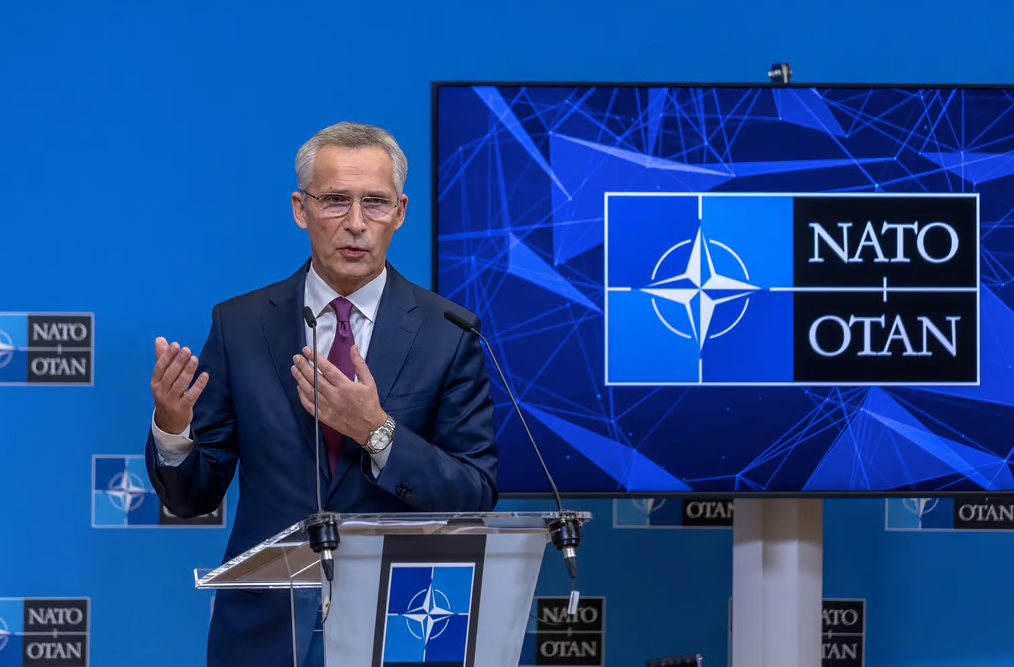|
Getting your Trinity Audio player ready...
|
In a recent move, NATO has banned the use of TikTok on its provided devices. This decision comes as a response to growing concerns over the popular social media app’s potential security risks and its ties to the Chinese government.
As one of the world’s largest military alliances, NATO’s decision to restrict the use of TikTok highlights the increasing scrutiny and skepticism surrounding the app’s data privacy practices. This ban serves as a reminder of the importance of digital security and the need for organizations to remain vigilant in protecting sensitive information.
The US and UK are among the nations that have already banned TikTok from government-issued devices, while the European Parliament and Norway have also taken action against the app. The ban by NATO is significant as it will impact the use of TikTok among its employees and could potentially influence the policies of other international organizations.
TikTok’s CEO, Shou Chew, recently testified before US lawmakers that the company is completely independent of Beijing and that he has seen no evidence of the Chinese government accessing user data. However, the ban by NATO suggests that western governments remain skeptical of these claims.
TikTok has been taking steps to address concerns over security, such as moving its data to the US to be stored by Oracle. However, the ban by NATO and other governments underscores the challenge that the company faces in convincing regulators and policymakers that its app can be trusted with user data.
The ban by NATO may also have wider implications for other social media apps, particularly those with links to China. With concerns over cyber security on the rise, there is likely to be increasing scrutiny of tech companies and their connections to foreign governments. As a result, companies like TikTok may face significant challenges in gaining the trust of governments and users around the world.
CNN reached out to TikTok for comment, but it is yet to respond to the ban by NATO. The app has faced increasing pressure over security concerns in recent months, and this latest development is likely to add to its challenges.



